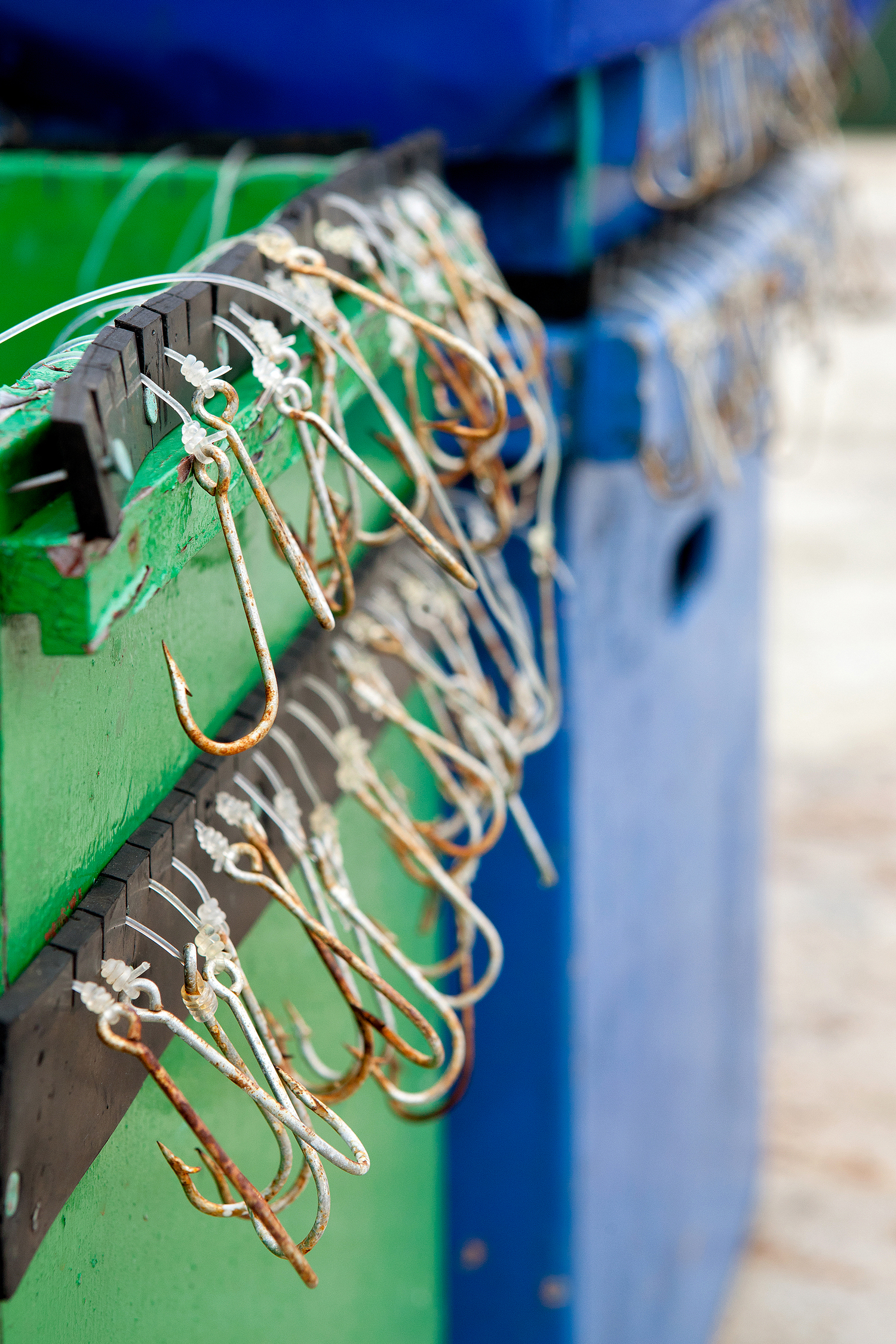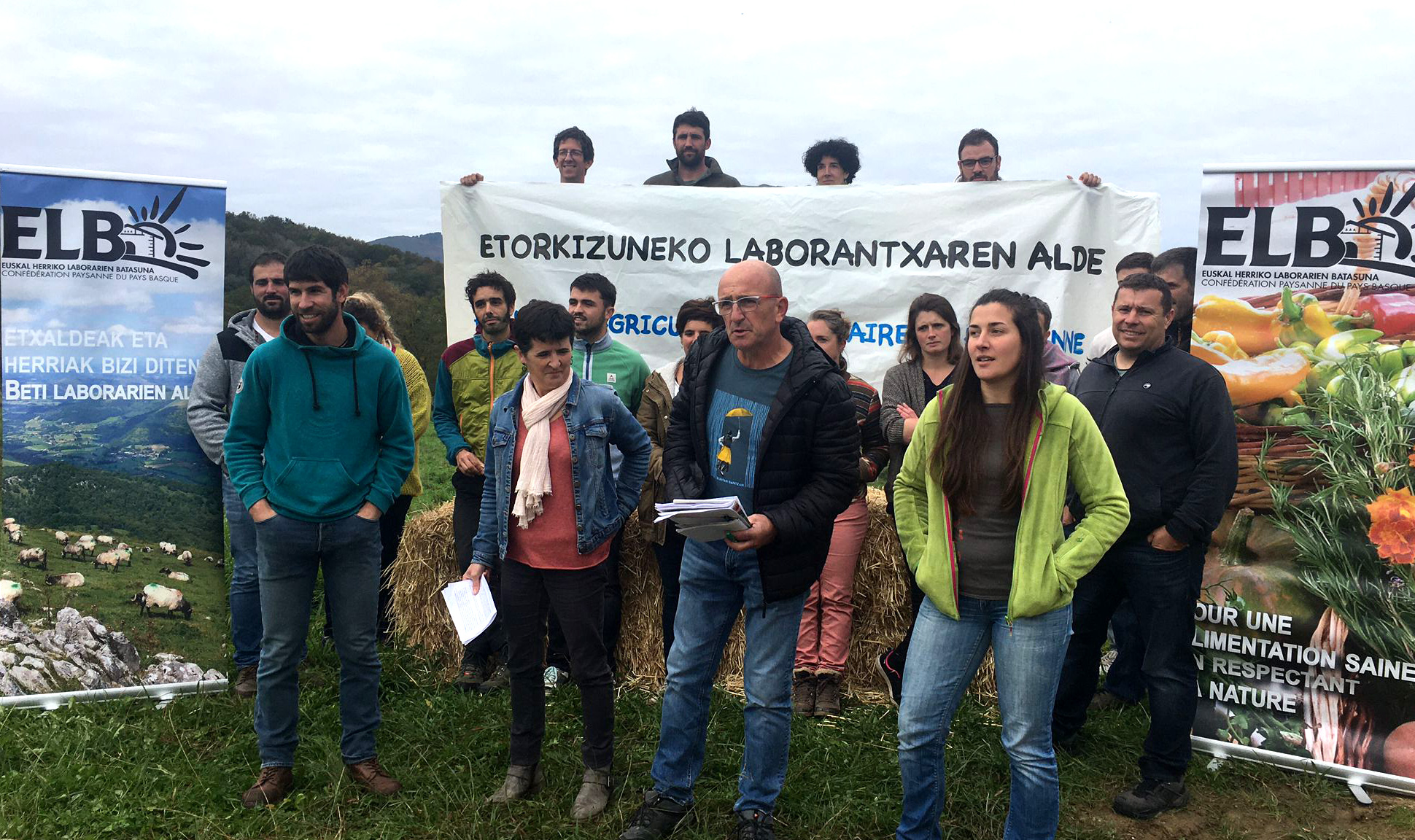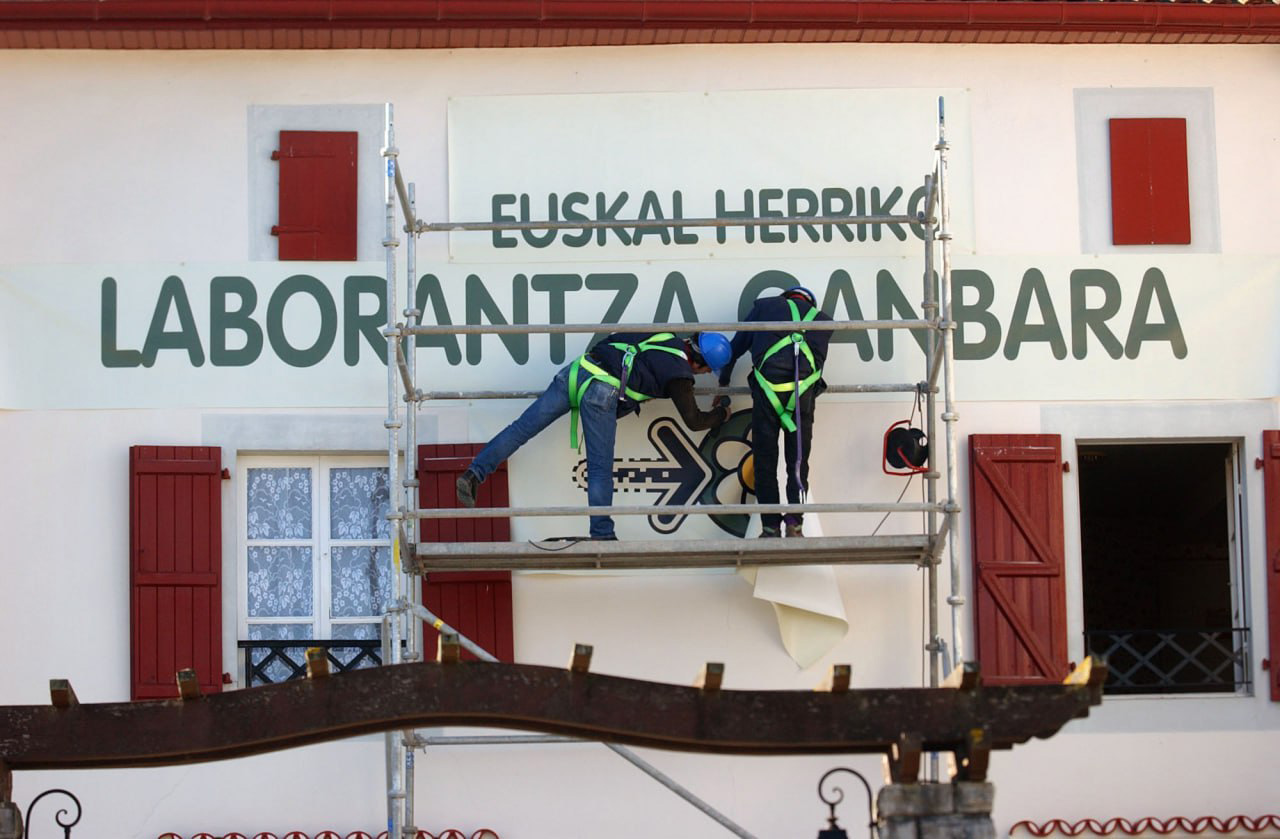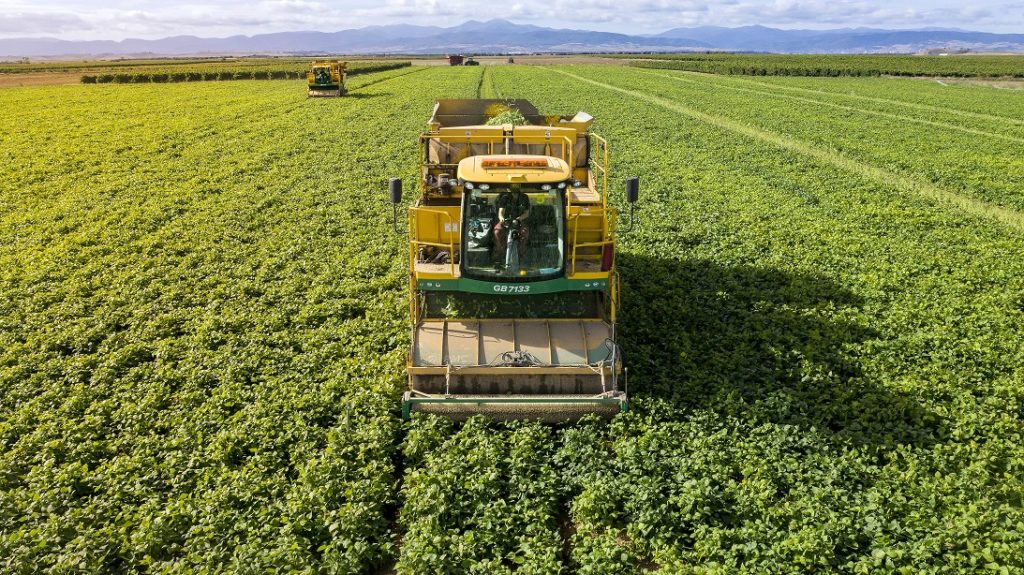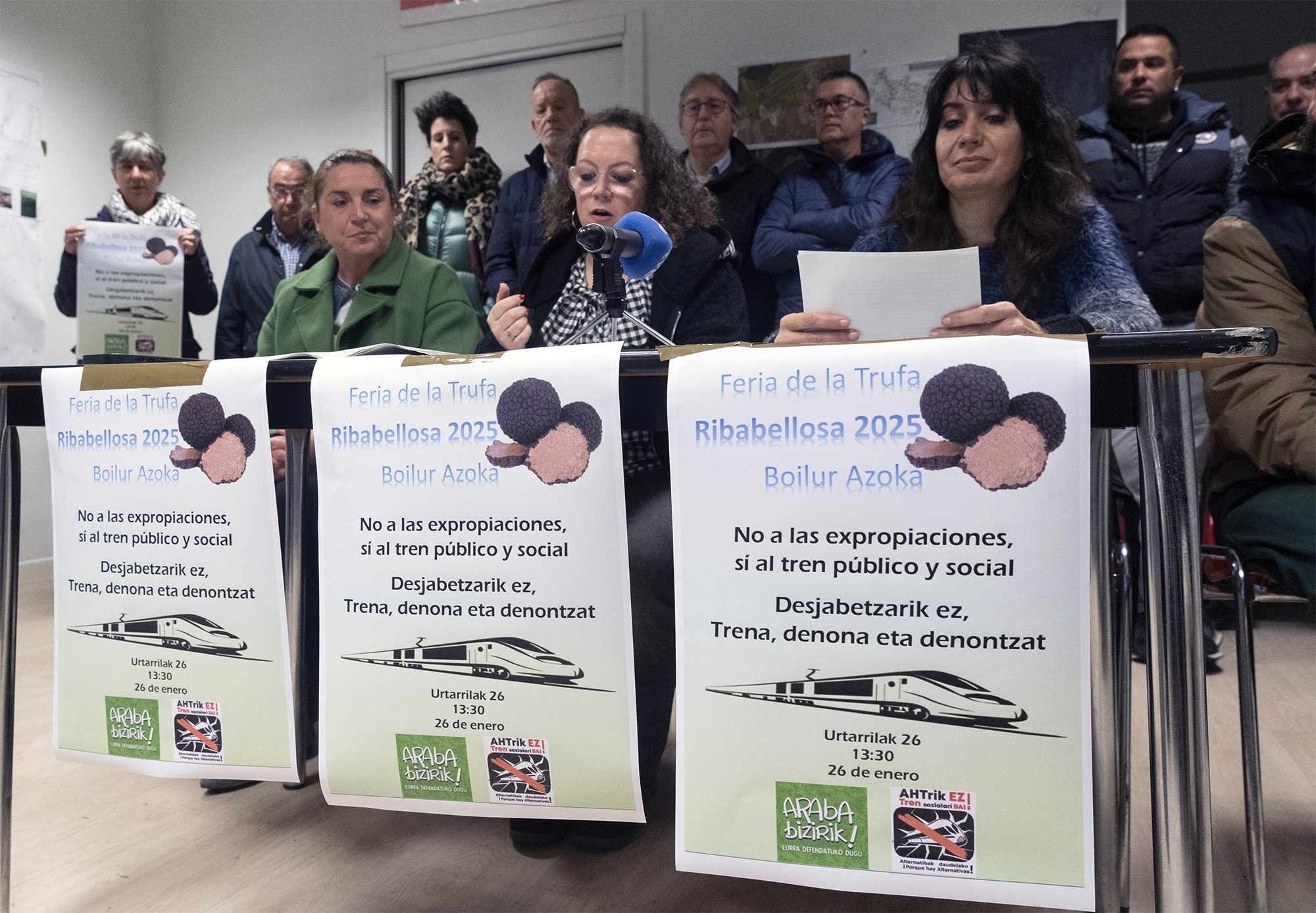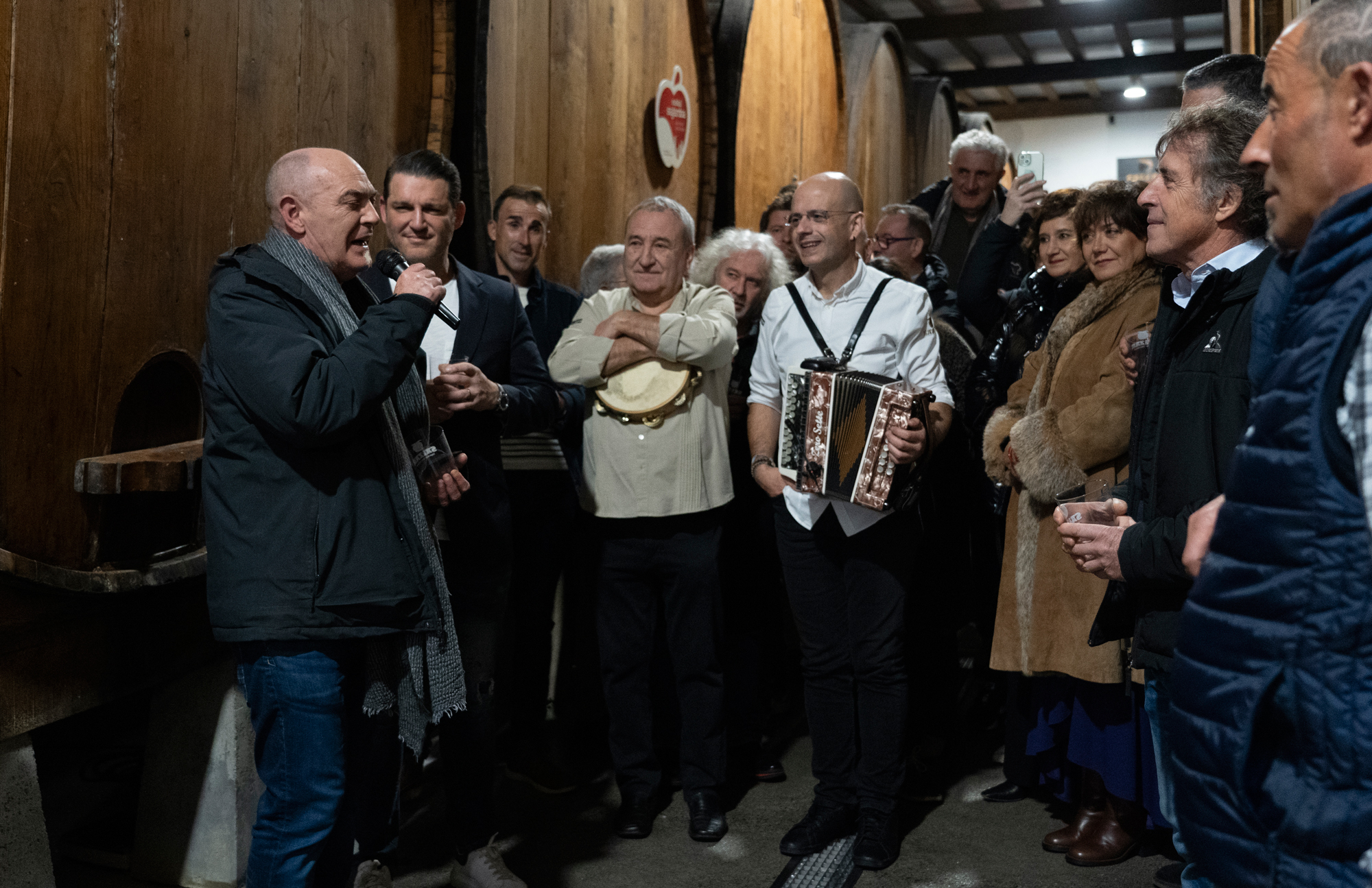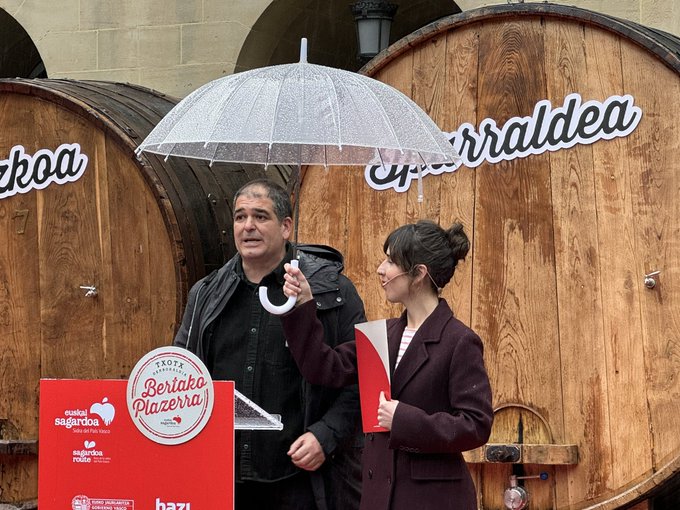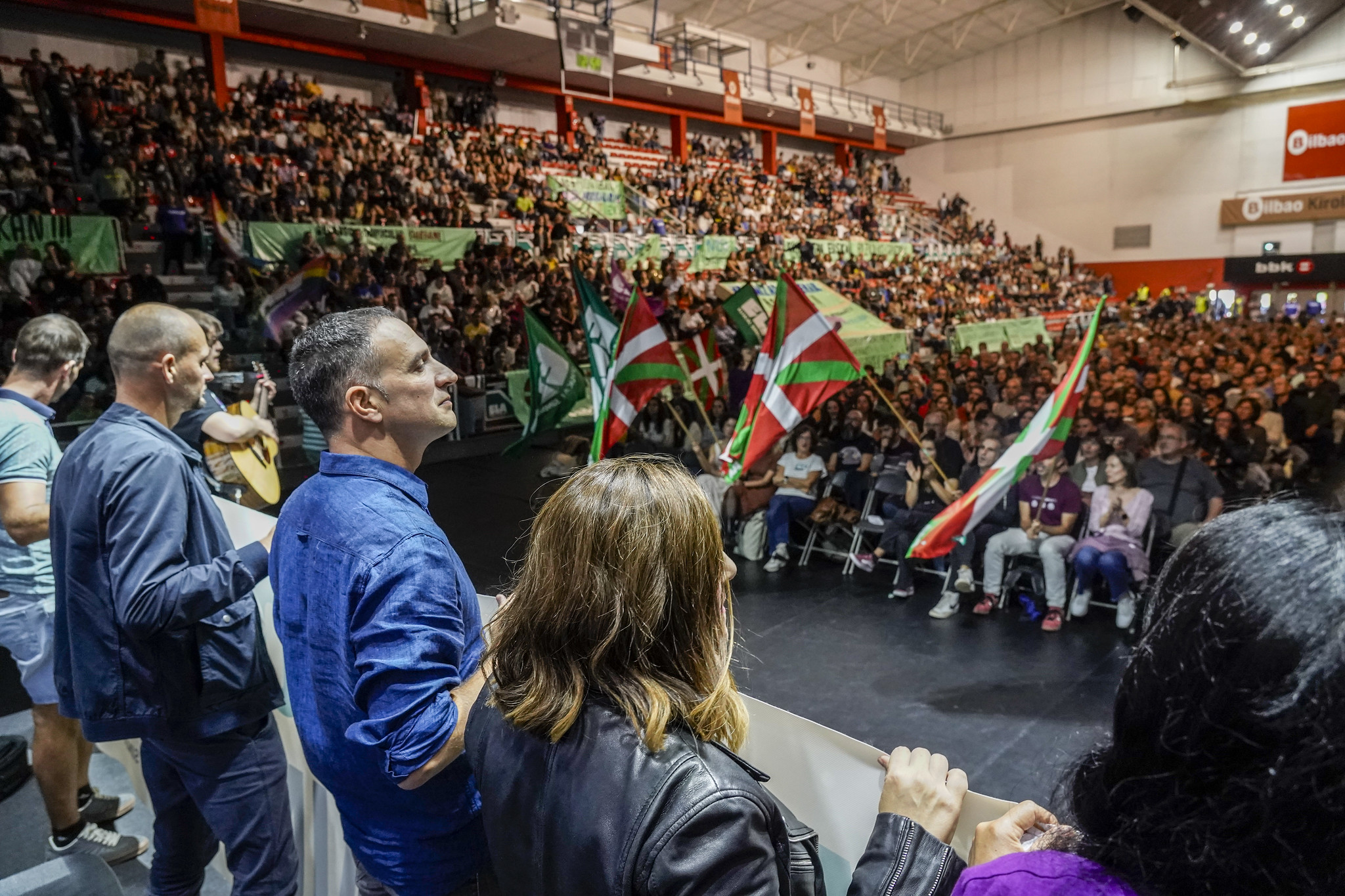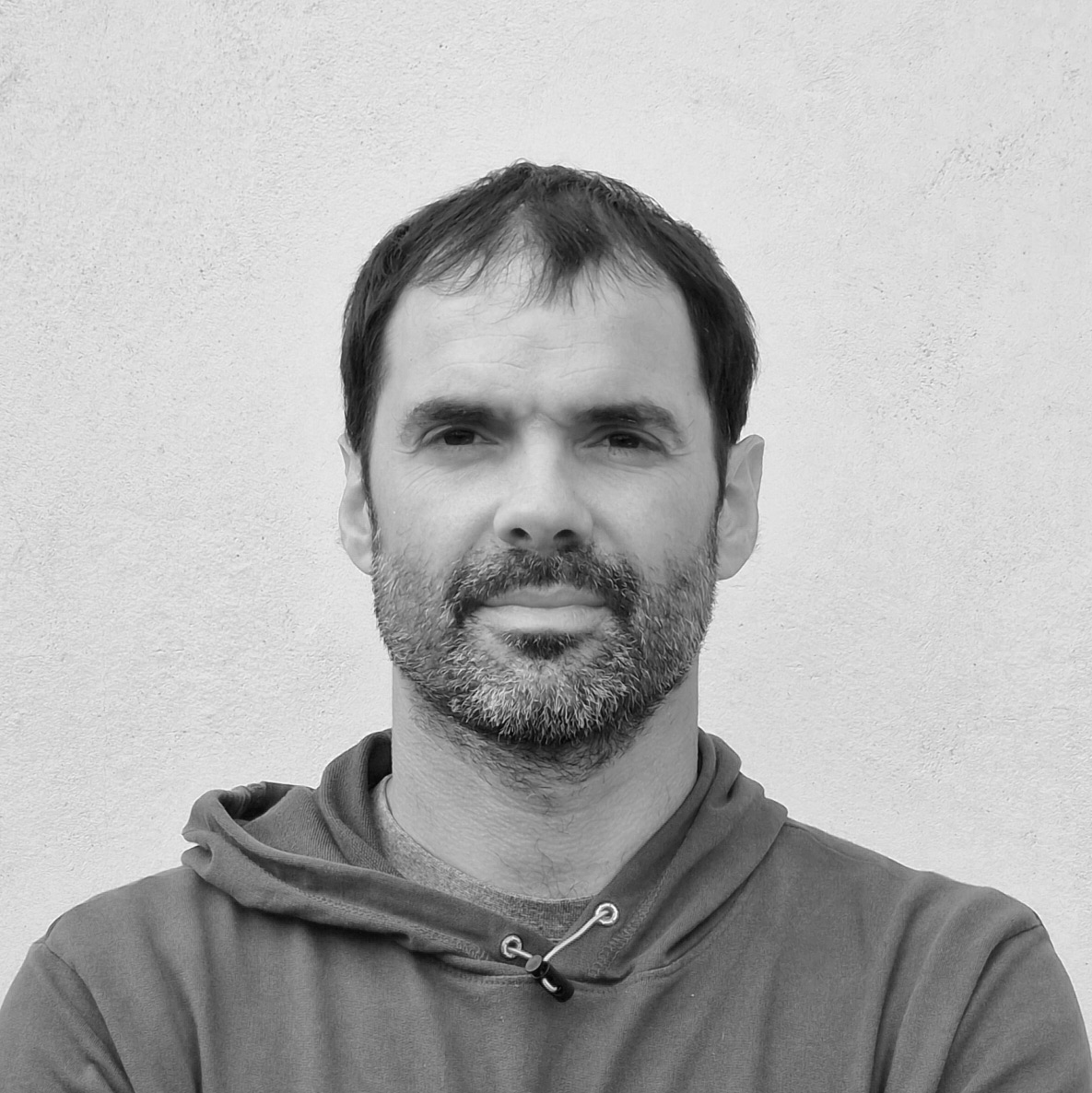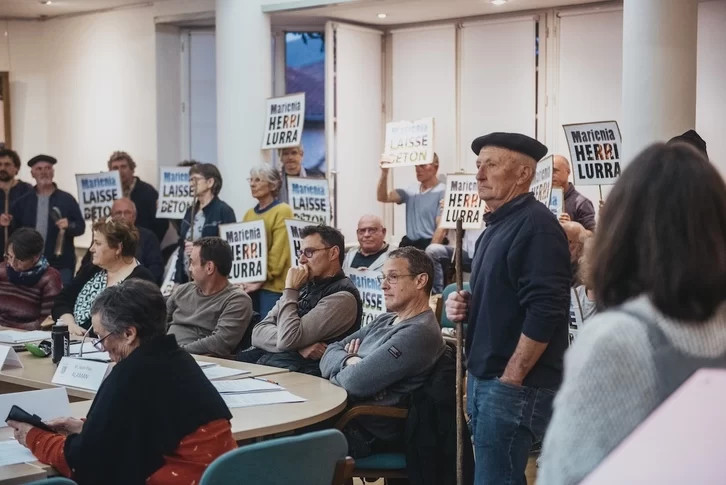Prisoner on the European free market
- We know the images. Milk producers keep the sources of tankers in the soil open to complain that the price they receive per litre of milk is too low. The gesture is significant. Precisely, farmers accuse the European Union of having disproportionately opened the source. This kind of protest took place last year, about one year after Europe’s repeal of the production quota system zuenean.Kuoten, the price of milk remains modest and the serious situation of producers does not respond.
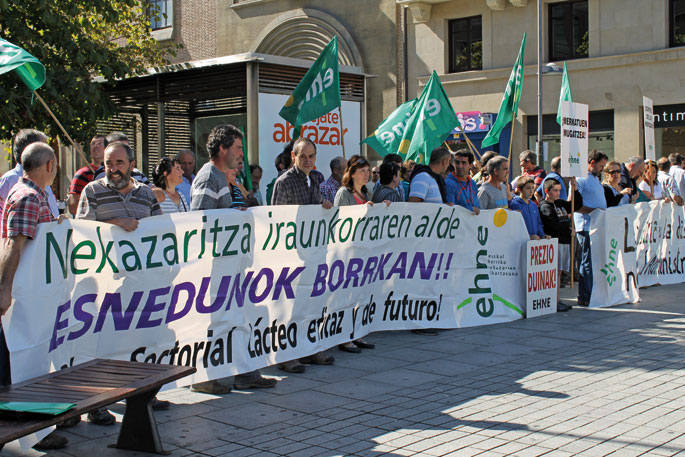
In April last year Europe decided to abandon its quota system and take a further step in the liberalisation of milk production. The measure would supposedly serve to respond to global demand and launch into new markets, but the imbalances between production and demand have been too large. As far as external factors are concerned, China has not had the need for the milk that was expected and the Russian veto on several European products has harmed milk exports. Within Europe, as you would expect, production has risen. For most local producers, this price is below production costs and the situation in the sector is very tight.
In the period 2013-2015, production has increased by 4.9% in the CAV and by 15.5% in Navarra. Conversely, prices have fallen by 11.4% and 16.5%, respectively.
The report by the COAG producer association reflects the impact of the market liberalisation process over the past two years. From November 2013 to November 2015, production increased by 4.9% in Gipuzkoa, Álava and Bizkaia. In Navarre, production has grown considerably, by 15.5%. In Navarre, the average price per litre of milk has been reduced by 16.5% and in Gipuzkoa, Álava and Bizkaia it has been reduced by 11.4%.
Trends have been even more noticeable in Europe. Although production growth in the last two years has been on average 7%, Ireland, for example, has increased milk production by 29%. Growth has been 23.4% in Luxembourg, 16% in Belgium and 14.7% in the Netherlands. Price cuts have also been violent. In particular, they have been reduced by 23.7% throughout the Basque Autonomous Community. In Germany, the country that produces the most milk, prices have been reduced by 29.5%, while in Belgium, the Netherlands, Lithuania, Latvia and Estonia, the price of milk has fallen by more than 30%.
Producer associations have denounced that the steps taken to get rid of market control are not new in Europe and that the repeal of the quota system that has been in place for 30 years is the last step.
According to Mixel Berhokoirigoin, a member of the ELB trade union and former president of the Chamber of Agriculture, “the quota system officially disappeared a year ago, but before the liberalisation process had begun. Europe had gradually moved into a period of transition and overall production has increased by three or four years.” According to Berhokoirigoin, Europe has been preparing the market in recent years. On the one hand, it has promoted the existence of surpluses and, on the other, it has reduced public intervention. Through intervention, the European public institutions acquire a surplus that allows to withdraw part of the production from the market and influence the price. However, Berhokoirigoin has denounced that “there were already some measures taken to buy less quantity, so the price of milk had already dropped significantly.”
The EHNE trade union has warned that there are currently some 900 farms producing milk in Hego Euskal Herria. In 2005, it was 2,131.
The policies of recent years have seriously jeopardised the future of many baserritars. The EHNE trade union has warned that, at present, around 900 farms produce milk in Hego Euskal Herria, much less than ten years ago. So it was about 2,100 dwellings. The number of producers continues to fall and it is not surprising. Although the cost per litre of milk is EUR 0.35, for most baserritars the price they receive is below the cost.
Attenuating yes, no answer
Europe has not responded to the crisis in the sector. The aid policies approved by the European Union are palliative for producers, but they have not been sufficient to deal with structural problems. The same applies to aid approved by the Spanish Government and the Basque Government. According to EHNE’s GARIKOITZ Nazabal, “the Ministry launched a series of aid to save the situation and we said here that this measure would reach very few villages. The Basque Government and the deputies accepted some aid, but in order to cope with the situation a real change in prices is necessary.”
Last autumn the Spanish Government launched an agreement on the revaluation of milk with the industry and the distribution of the sector. However, several livestock associations, including EHNE, did not accept it. According to Nazabal, "the obligations of the industry and distribution are left in the hands of the will and the producer has no legal coverage". We said it would take a long time to see how far the agreement was being complied with and it has been proven that the consequences have been negligible in the end.” A few months after the signing of the agreement, in the Spanish State, complaints by milk producers have multiplied due to the lack of collection by several industrial companies and the non-compliance with their contracts.
In Hego Euskal Herria, due to the cooperative organization of producers, a minority suffers the non-compliance of the industry with the contracts. In this sense, Nazabal has pointed out that “in the distributive aspect, at least some have relaxed their positions”. Conversely, the prices received by the baserritars are still too low.
It is clear to milk producers that intervention on production and price is the only way to ensure the future of the sector.
It is clear to milk producers that intervention on production and price is the only way to ensure the future of the sector. Several producer associations have taken as a model the agreement that France signed last year with the dairy industry and distribution, among other sectors. The signatories agreed in France to pay a minimum of EUR 0.34 per litre of milk, but according to Berhokoirigoin (ELB), the agreement has not worked for two reasons. "On the one hand, the impact of this agreement only reached 15% of the volume of milk produced in France. It was an agreement on products such as butter and UHT milk. Therefore, this agreement does not affect the price of all milk production. On the other hand, in Europe the main dogma is the free market and competition. The European Commission has considered the agreement to be a breach of competition and has launched a survey as it considers it to be an illegal agreement.”
Need for local protection policies
Considering that Europe leaves the milk sector at the mercy of the market and promotes the growth of production, EHNE considers it essential that Basque and Navarre institutions implement policies to support local producers.
In the autumn of last year they met with industry representatives and producers in the sector on the one hand, and the Government of Navarra on the other, to analyse the possibilities for collaboration. Both executives agree that it would be very useful to reach an agreement in the sector. To this end, the Basque Government attaches priority to the cooperative organization and integration of producers in the processing sector. For its part, the Government of Navarre considers that certain protective measures may be taken in Navarre. For example, to provide aid to the industry purchasing indigenous milk, to accept aid to producers of mountain milk or to sign agreements for the consumption of own milk in school canteens and hospitals.
In the opinion of Nazabal, in order to protect the milk producer, “the cycle must be closed, that the product is consumed here, so that part of the added value reaches the baserritars”. In fact, in the milk value chain, the weakest level is the producer. “Especially when we talk about a product that’s so easy to lose. In the end, you deliver milk or you have to go under the truck.” According to Nazabal, the calculation of the price is carried out by means of an inverse exercise to that carried out by the company. “First pay the farmer the part of the seller’s profit, then that of the industry, and with whatever remains, pay him to the farmer. The process cannot be considered this way.”
With the quota system abandoned by Europe, the milk surplus has increased and the price has decreased. This price is below the production costs for most producers in the H. Basque
In the opinion of Nazábal, it is necessary to clarify how much money reaches the baserritars every time we buy a liter of milk in the stores. The EHNE called on the governments of Navarre and the CAV to take measures to ensure price transparency. In this way, the consumer will know where the money is going through his purchase. “It’s not about shoppers, families, paying high prices. It’s about no one applying an excessive profit margin and getting the money where it’s needed.”
Mixel Berhokoirigoin has also stressed the need for measures for local producers and has set as an example the measures promoted in the French Alps region. “Cow’s milk production has been organised around a brand of origin, around quality, with strict regulations and a limited amount of production. The price of milk they receive is 50% higher than that of classical milk.”
Faced with the lack of protection in the industrial production model, Berhokoirigoin explained that there are producers who are working in other ways. Direct sales, organic milk production or the commitment to production models as autonomous as possible are three ways of avoiding competition for low prices.
According to Berhokoirigoin, public institutions must support farmers who want to switch from intensive to more autonomous systems. “This transition lasts for five years and then a new balance is perceived, economically better. The money given here is not free.”
ARGIA also wanted to take up the view of the dairy industry. We have tried to get the opinion of Kaiku and Iparlat, but we have not succeeded.
What is expected of Europe?
The demands of milk producers and the serious situation in the sector have led several European countries to ask for intervention measures on the market. France, Spain, Portugal and Italy have called on Europe to strengthen public intervention, after the measures adopted last September have not had a sufficient impact on the price. France has also proposed to provide financial assistance to producers who are willing to reduce their production and to set up a dairy observatory to forecast market trends and avoid production surpluses.
Little can be expected of Europe, however, according to GARIKOITZ Nazabal. “I wish they supported control mechanisms, but I am concerned that they think more about agreements such as TTIP than about reverting to the principles of joint collective farming. I believe that being waiting for Europe at the moment would be to waste time.”
For this reason, Nazabal has stressed, the key is the support policies that can be promoted from the Basque institutions. “It would be very serious if the administrations allowed the dairy sector to be organised according to the interests of certain distributions and industries. After all, its influence on the development of the territory and on the reality of the rural environment is enormous. Life in peoples cannot be organised by commercial interests. If the people who work with the land and care for the rural environment cannot live from our work, life in rural villages will also be in danger.”
Arrantza handi eta industriala defizitarioagoa da sozialki, ekonomikoki eta ekologikoki arrantza txikiaren alboan; arrantza txikiak baino dirulaguntza publiko dezente gehiago jasotzen ditu; eta are, soilik laguntza horiei esker bizirauten du. Horixe erakutsi du Frantziako... [+]
Datorren astean Departamenduko Laborantza Ganbarako hauteskundeak ospatuko dira Ipar Euskal Herrian. Frantzia mailako FDSEA eta CR sindikatuez gain, ELB Euskal Herriko Laborarien Batasuna aurkezten da, "euskal laborarien defentsa" bermatzeko.
Euskal Herriko Laborantza Ganbera elkartearen hogei urteak ospatu zituzten asteburuan Ainhize-Monjolosen. 2005eko urtarrilaren 15 hartan sortu zuten Lapurdi, Baxenabarre eta Zuberoako laborantzaren garapena –hori bai, iraunkorra eta herrikoia izan nahi duena–... [+]
Departamenduko Laborantza Ganbarako hauteskundeen kanpaina abiatu da. Urtarrilaren 14an bozetara aurkezten diren hiru sindikatuen ordezkariekin bi oreneko eztabaida sakona antolatu zuten Euskal Hedabideek, osoki euskaraz.












